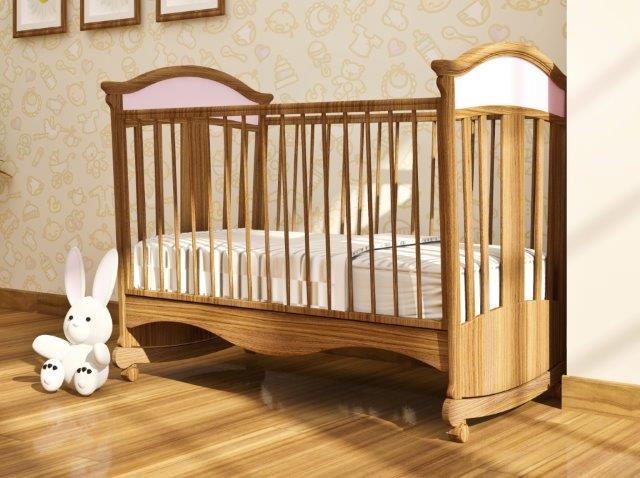FOR IMMEDIATE RELEASE | A PressPac Instant Replay*
ACS News Service Weekly PressPac: January 21, 2015
Heat boosts phthalate emissions from vinyl crib mattress covers
"Emission of Phthalates and Phthalate Alternatives from Vinyl Flooring and Crib Mattress Covers: The Influence of Temperature"
Environmental Science & Technology
The U.S. continues to look at the use and regulation of phthalates, which have been associated with health problems. Of particular concern is the safety of these plastic additives to children. A new study aims to improve our understanding of one possible exposure route for babies: vinyl crib mattress covers. Scientists report in ACS' Environmental Science & Technology that as these covers warm up, they emit more phthalates into the air.
Ying Xu and Yirui Liang note that previous studies have linked phthalates, which soften plastics, to potential health effects, including reproductive issues and an increased risk for asthma and allergies. In response, the U.S. Congress banned six kinds of phthalates from toys in 2008, and manufacturers have been turning to alternative plasticizers, which are different phthalates. But little is known about the toxicity of these replacements or whether they waft into the air infants breathe for 12 to 14 hours per day at potentially harmful levels. Xu and Liang decided to find out whether infants, who breathe in far more air (given their low body weight) than adults, might be getting exposed to high levels of alternative phthalates.
The researchers tested the amounts of the alternative-phthalate plasticizers released from vinyl crib mattress covers at different temperatures and estimated how much of that the infants might breathe in. They found that, under warm conditions, the covers emitted significantly higher levels of phthalates that could cause a baby's exposure to increase four-fold. They say the preliminary study is an essential first step to investigating the potential risk posed by these new phthalates.
The authors acknowledge funding from the National Science Foundation.


